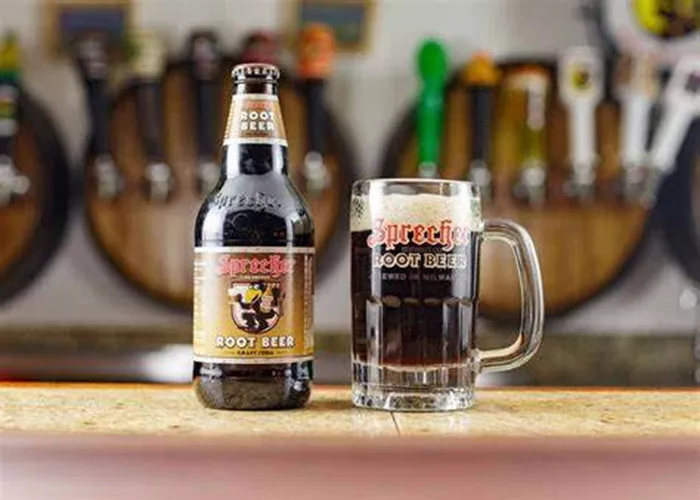Brussels, Belgium – Despite being home to over 400 breweries and producing more than 1,600 varieties of beer, Belgium is witnessing a continued decline in domestic beer consumption, according to the latest annual report from the Belgian Brewers association.
The report reveals that national beer consumption fell by 2.1% in 2024, following a steeper 6% drop in 2023. This marks nearly a 20% decline over the past decade, signaling a sustained downward trend in one of the world’s most storied beer-producing nations.
The Belgian Brewers association attributes the ongoing slump to several interrelated factors, including mounting pressure on consumer purchasing power, reduced market competitiveness, rising production costs, and an increasingly unstable geopolitical environment. Additionally, a noticeable shift in consumer behavior and heightened health awareness have contributed to the reduced demand.
“Belgians are drinking less alcohol overall, and so, less beer,” the association noted in its statement.
This trend is not confined to Belgium. Across Europe, the beer industry faces similar challenges. A recent Eurostat report highlights a continent-wide decline in the consumption of alcoholic beer, as consumers increasingly turn toward non-alcoholic alternatives.
The popularity of alcohol-free beverages is surging, both in Belgium and beyond. In a reflection of changing demand, bar owner Waldo Marlier told local media that his inventory of non-alcoholic beer has grown from a single option to six within the last five years.
In the United Kingdom, the trend is even more pronounced. Campaigns such as “Dry January,” which encourages abstaining from alcohol for the first month of the year, have gained substantial traction. In 2025, an estimated 15.5 million people participated.
Surveys also indicate a significant generational shift in attitudes toward alcohol. A recent report by The Times found that nearly half of 18- to 34-year-olds in the UK have given up alcohol altogether. A 2024 YouGov study further revealed that 44% of Britons aged 18 to 24 now prefer low or non-alcoholic alternatives.
Experts suggest these preferences are driven by greater awareness of alcohol’s effects on mental and physical health, alongside a desire for moderation, social inclusion, and better self-control during social outings.
Broader socio-economic developments — including the aftermath of the COVID-19 pandemic and an ongoing cost-of-living crisis — have also influenced these changing consumption habits, prompting many to reassess both the financial and personal impacts of alcohol use.
You Might Be Interested In:


